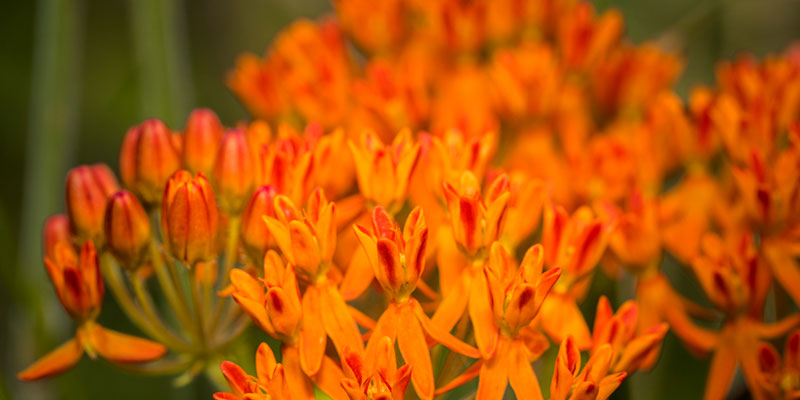When you are doing research into plants so you can better understand landscape design options, you may come across many unfamiliar and confusing terminology. Some terms might even be used interchangeably when they really do not mean the same thing, making things even more confusing. While your landscaper will be a valuable resource for choosing the right plants for your landscape design and objectives, here are a few terms that you should know that can help you understand how to have a beautiful space and help the environment in the process.

- Native or Indigenous- A plant is considered a native or indigenous plant when it originally adapted to your local climate and soils without being brought here by people from somewhere else in the world. Choosing native plants is important for preserving the complex interaction with organisms, wildlife, and other plants in your region.
- Endemic- When a plant is only found in one particular area and nowhere else, it is referred to as being endemic to that area. This usually happens with plants that require specific types of soils and other conditions to grow. For example, a plant that needs sandy soil might be endemic to the coastal areas of the state.
- Pollinator-friendly- A pollinator-friendly landscape design is one that provides an inviting and safe place for pollinators, such as bees. There are numerous factors to consider, including choosing the right native plants, placing them to help pollinators find them, reducing pesticide use as much as possible, and adding nectar sources. Some plants are referred to as pollinator-friendly plants because they fit the objective of helping pollinators.
- Naturalized- Just because a plant is growing in a region and thriving doesn’t mean that it is a native plant. A naturalized plant is one that has managed to reproduce in an area and now grows wild even though it did not originate there. If an exotic plant becomes naturalized and it is not good for that area’s ecosystem, it is considered an invasive species.
At Garden Environments, we offer native landscaping, pollinator gardens, and other sustainable landscape design options for those in the Durham, North Carolina area who are interested in natural landscaping options for their home. We are happy to explain any terminology that you would like to know that comes up in the course of your project. Reach out today to learn how we can use artistic landscaping to transform your outdoor world.


